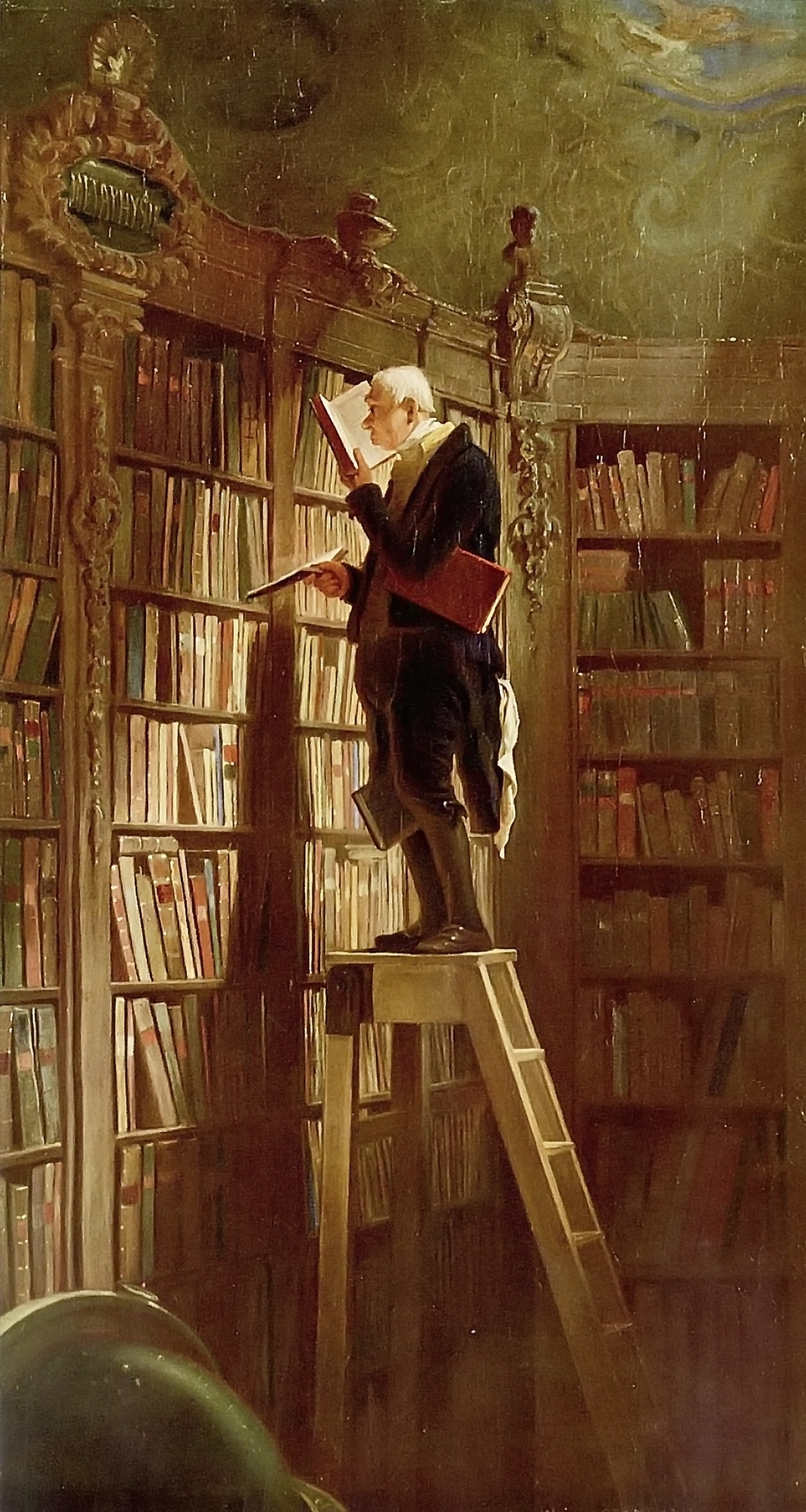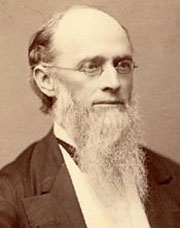
William Martin Trinder
Practical Sermons: On Cruelty
「1786」William Martin Trinder, Sermon VIII. “On Cruelty,” in Practical Sermons, Preached at Hendon, in Middlesex「Google Books」(1786; London, 1793).
But is man only cruel to his own species? Surely not: and, therefore, when we talk of mercy, we do err by confining it to our fellow-creatures. It is then but partially urged, and consequently its effects are but partial. Thus a man will disclaim the imputation of cruelty, if he offend not the people about him, although he live in the daily exercise of barbarity against domestic and dependant animals. Will not the horse-dealer, and the gentleman that acts like one (O shameful ambition!) furnish us with a long catalogue of cruelties, that are daily committed for the sake of alluring the whimsical fancy of hard-hearted, but fashionable men? To mutilate and to deform a serviceable and harmless animal, under the silly idea of improving what the Deity hath already made perfect in its kind, is, to say no worse, the most egregious folly; but where can any spark of generosity or mercy be found in that man, who, for the sake of the slightest pleasure of the will, or for the sake of amusing himself with the agony of their forced exertion, urges on his horses to the utmost of their speed and strength, sometimes to the very point of death, by the most intolerable torture? (136-7)
Behold the relentless ruffian, who, without the fear of God before his eyes, in sport, or for paltry gain, ties a tame fowl to the stake of torture, where the inoffensive creature receives many a full-aimed stroke from the bludgeon on his defenseless and tender body. His piercing screams, his violent, but ineffectual struggles to escape, his dislocated and flagging wings, his bones bruised and broken, his head and beak dropping blood, instead of drawing tears and heartfelt sorrow from the spectators of this woful tragedy, give occasion for triumph and exultation; for the callous, the vulgar, the obdurate monsters in human form, shout, with fiend-like joy, at the too sure direction of the weapon; and when at last the death-stroke arrives, the savage herd bring another poor innocent victim to the stake. O shame to manhood! for cowards are cruel; but the brave love mercy, and delight to save. O shame to the people of England! for in this country alone this abominable cruelty is committed. (137-8)
O shame to our legislature, that could ever tolerate this bloody act of inhumanity! and although it be now forbidden by our laws, and it be prevented in the great cities and towns, yet in many villages, the officers of justice do deserve the highest censure for their negligence, and because they are not merciful enough to enforce the laws against the execrable perpetrators of this sanguinary deed * The dreadful anniversary of cock-throwing, doth always fill my mind with the most painful agonies and apprehensions. I have publicly declared in my neighourhood (finding that the laws are not duly put in force) that I will never employ, nor aid any persons, who are themselves guilty of this cruelty, or who permit their children to practise it. If this were, the general declaration and resolution of all the compassionate men in the realm, I apprehend that the abominable custom of cock-throwing would soon be quite abolished. (138-9)
I need not trouble you with the description of all the various cruelties that are hourly practiced on the inoffensive creatures around us; such as are committed by the unprincipled youths on birds, reptiles, and insects; such as are committed even by religious and philosophical men in their amusement of angling, or in the trying of curious, indeed, but yet well known or useless experiments. But let us take shame of ourselves for too often standing by, although not as agents, yet as unconcerned spectators; not duly considering, that if we would please God, we must imitate his agency in the care and preservation of his creatures. (139)
Now, cruelty to a harmless animals affords a strong suspicion of man’s general inhumanity and temper; for if they, without a cause, suffer torture from his hand, surely nothing but the laws of the land, or the fear of retaliation, do restrain his violence from his fellow-creatures. (140)
As prevention is better than cure, and as common acts of cruelty are often perpetrated for want of knowing better, we should carefully instruct our children in this great principle of humanity, and habituate them to acts of mercy and compassion. We should never indulge, but rather check with asperity, their wish to possess any thing, which, in their hands, might suffer torture or death; always remembering the words of Solomon, “Train up a child in the way he should go, and he will not depart from it.” How pleasant will be the reflexion, when our children become eminent for their integrity and benevolence, that they are indebted to an early care for their real honours! How pleasant the reflexion, that when we die we may be rewarded hereafter, for having been good shepherds over the little and harmless flock entrusted to our care. (146-7)



